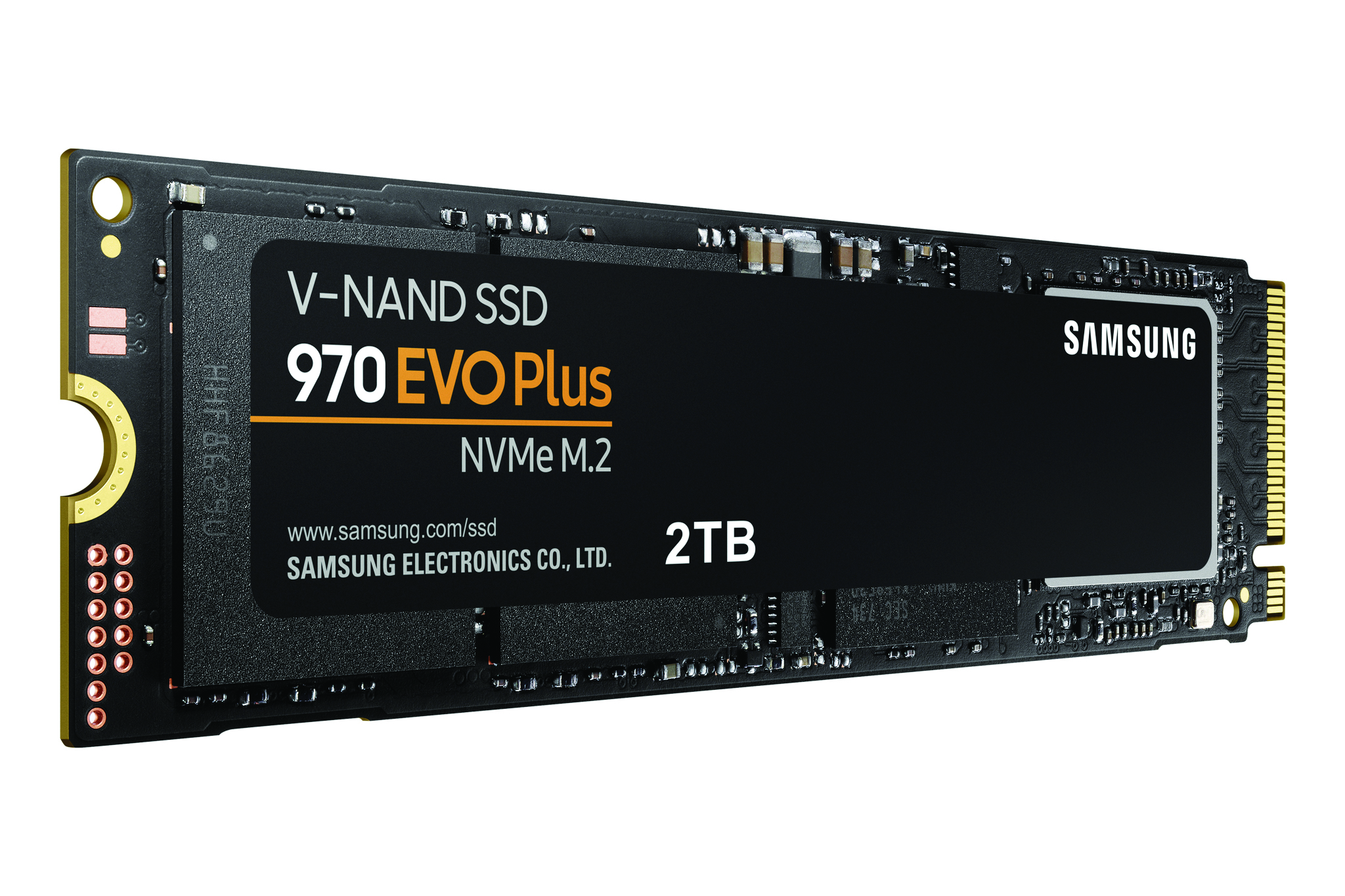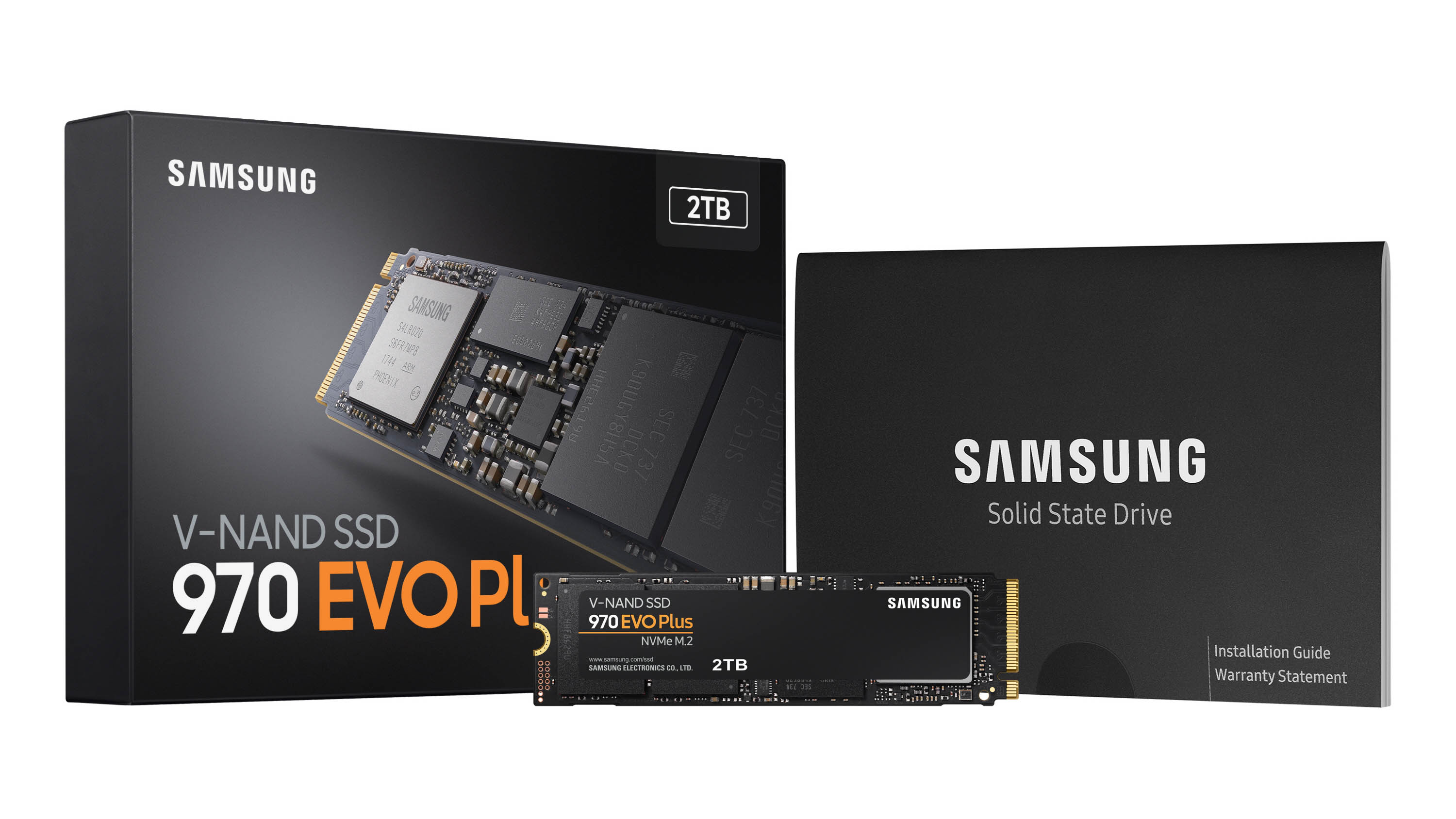Installing a Solid State Drive (also known as an SSD) into your PC is one of the best upgrades you can make as a gamer. These drives not only boot your operating system faster (they can load an OS in a fifth of the time it takes a traditional hard drive), but they can load up your games in a flash. With less time waiting for a level to load, you’re able to get back into the action much faster.
There’s a good reason why both Sony and Microsoft are making big deals about the SSD storage in their next-gen consoles, the PlayStation 5 and Xbox Series X, respectively.
The raw specs speak for themselves. A traditional hard drive connected via SATA III and capable of 5,400 RPM (Revolutions Per Minute) will have speeds of around 100MB/s, while a 7,200 RPM will be 150MB/s.
Meanwhile, an SSD with a SATA III connection should achieve around 550MB/s read and 520MB/s write speeds, and a few will hit the maximum 600MB/s allowed by the SATA III connection.

That’s a big leap in performance, but there are also SSDs that use a PCIe connection, which offers much faster data transfer speeds than SATA III. Thanks to PCIe 3.0, the Samsung 970 EVO Plus can hit incredible speeds of 3,500/3,300 MB/s sequential read/write.
Impressive, but it gets better. With PCIe 4.0 becoming more popular in motherboards, a new generation of SSDs are bringing gamers even faster speeds. Samsung’s 980 PRO PCIe 4.0 NVMe SSD is leading the charge, offering speeds of up to 7,000 MB/s.
The higher those numbers are, the faster the drive can read data – and that means games and levels load faster. But having an SSD also has benefits when you’re in the game as well – especially in big, open world games.

This is because the SSD can make loading the game world, along with textures, objects and characters much faster and smoother. As you explore the world, the SSD can load up new areas in a flash, so there’s no annoying pauses, or ‘pop-in’ effects as textures take time to load.
This all leads to a much more enjoyable – and immersive – gaming experience thanks to the power of SSDs.
from TechRadar - All the latest technology news https://ift.tt/33bGfge
Aucun commentaire: